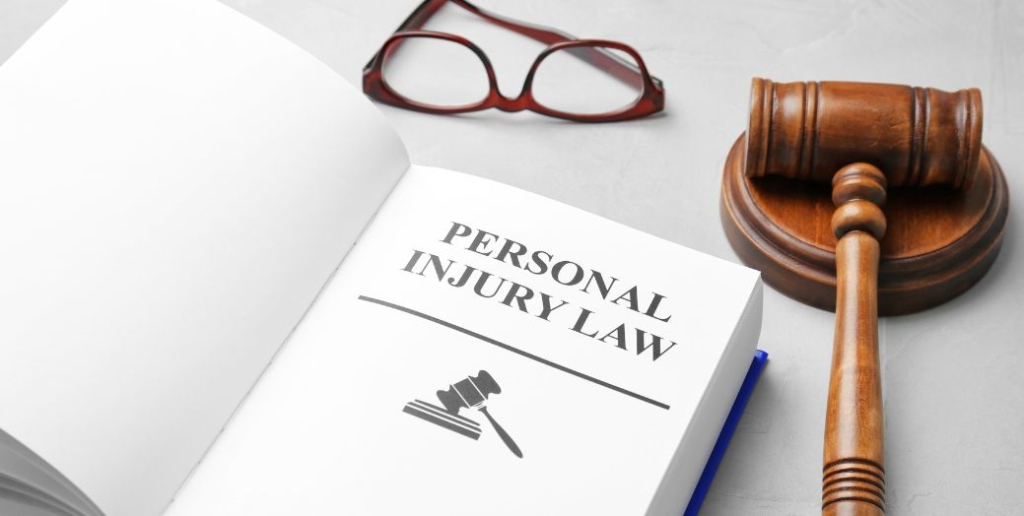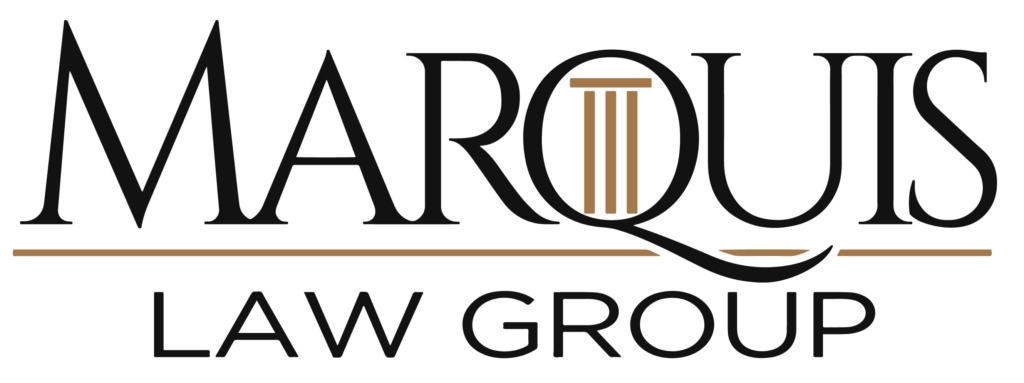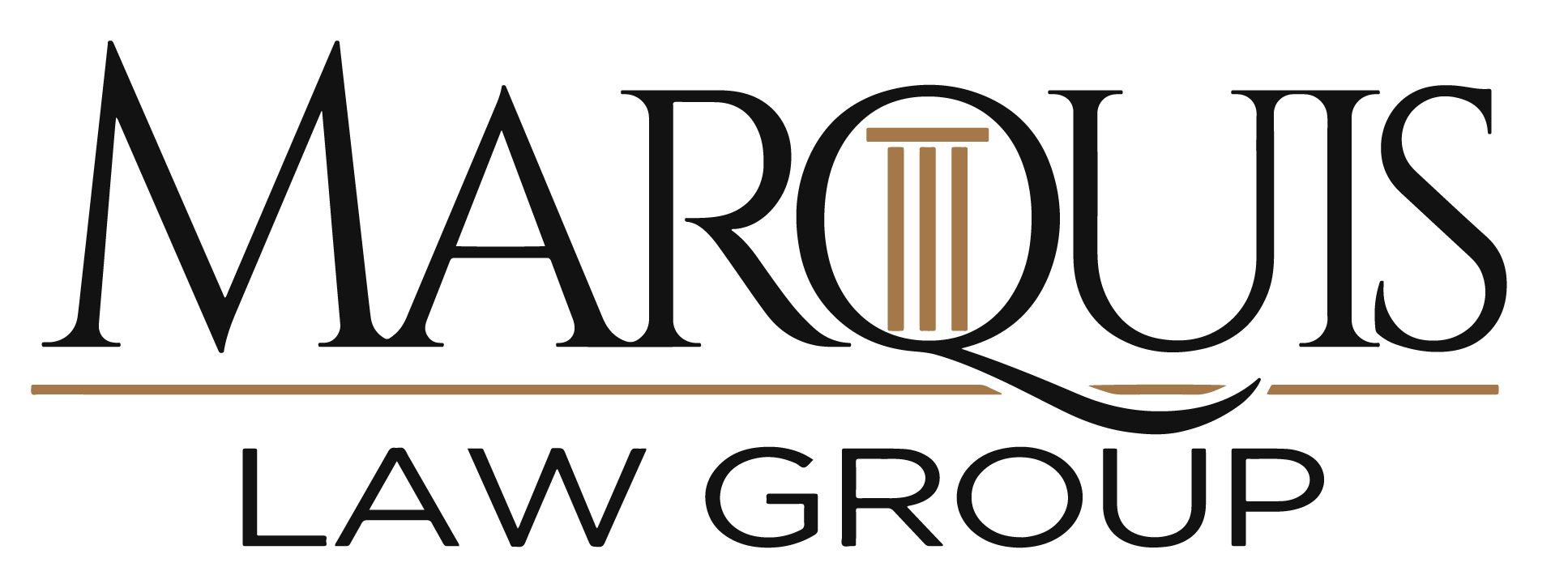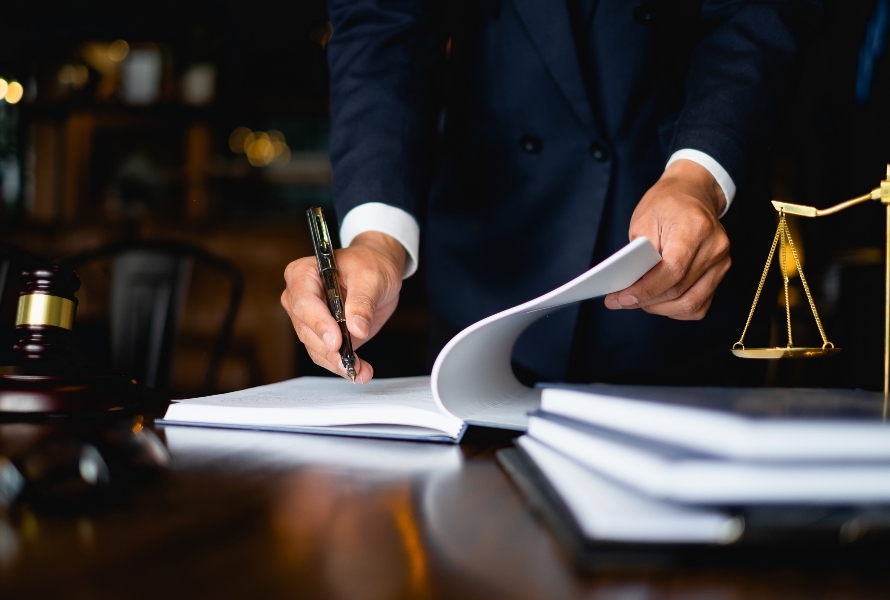
Personal injury refers to physical or psychological harm inflicted upon an individual due to the negligence, intentional misconduct, or strict liability of another party. These injuries can occur in various settings, from car accidents to workplace incidents, and can lead to a wide range of consequences, including medical bills, lost wages, and emotional distress.
Importance of Understanding Personal Injury
Understanding personal injury is crucial for individuals to protect their rights and seek compensation when they’ve suffered harm due to someone else’s actions. Knowledge of personal injury law empowers individuals to navigate the legal system, ensuring they receive fair compensation for their losses.
Types of Personal Injury
Accidents and Negligence
- Car Accidents
Car accidents are a leading cause of personal injury. Negligence in driving, such as speeding, distracted driving, or driving under the influence, can result in severe injuries.
- Slip and Fall Incidents
Property owners have a duty to maintain safe premises. Slip and fall incidents often occur due to negligence in maintaining surfaces, leading to injuries on sidewalks, in stores, or at other locations.
- Workplace Accidents
Employees injured at work may be entitled to compensation. Workplace accidents can include falls, machinery malfunctions, or exposure to hazardous substances.
Intentional Torts
- Assault and Battery
Intentional physical harm or the threat of harm constitutes assault and battery. Victims can pursue legal action to obtain compensation for medical expenses and emotional distress.
- False Imprisonment
False imprisonment occurs when someone is unlawfully restrained against their will. Victims may seek compensation for the emotional distress caused by the confinement.
- Intentional Infliction of Emotional Distress
Deliberate actions causing severe emotional distress can lead to legal consequences. This includes actions such as harassment, threats, or extreme bullying.
Legal Principles
Negligence
- Duty of Care
All individuals have a duty to exercise reasonable care to avoid causing harm to others. This duty extends to actions that could foreseeably lead to injuries.
- Breach of Duty
When an individual fails to fulfill their duty of care, a breach occurs. This breach is a key element in establishing negligence.
- Causation
There must be a direct link between the breach of duty and the resulting injury. Establishing causation is crucial for a successful personal injury claim.
- Damages
To seek compensation, the injured party must demonstrate measurable damages resulting from the injury, such as medical expenses or lost wages.
Strict Liability
In some cases, liability is strict, meaning that fault is irrelevant. This often applies to cases involving defective products or inherently dangerous activities.
Intentional Torts
Intentional torts involve purposeful actions that lead to harm. These cases focus on the intent of the wrongdoer rather than negligence.
Common Injuries
Physical Injuries
- Broken Bones
Fractures commonly result from accidents like falls or car crashes. These injuries may require medical intervention, leading to substantial medical expenses.
- Soft Tissue Injuries
Damage to muscles, ligaments, and tendons can cause pain and restrict movement. Soft tissue injuries are common in various accidents.
- Head and Brain Injuries
Traumatic brain injuries (TBIs) can have long-lasting effects on cognitive function and may require extensive medical treatment.
Emotional and Psychological Injuries
- Post-Traumatic Stress Disorder (PTSD)
Victims of severe accidents may develop PTSD, a mental health condition requiring therapeutic intervention.
- Emotional Distress
Intentional infliction of emotional distress or severe negligence can lead to emotional suffering, compensable in a personal injury claim.
Compensation and Damages
Medical Expenses
Compensation typically includes reimbursement for medical expenses related to the injury, encompassing hospital bills, surgeries, medications, and rehabilitation.
Lost Wages
Injured individuals may receive compensation for income lost due to their inability to work during recovery.
Pain and Suffering
Non-economic damages, such as pain and suffering, address the emotional and physical distress experienced by the victim.
Punitive Damages
In cases involving extreme negligence or intentional misconduct, punitive damages may be awarded to punish the wrongdoer and deter similar conduct in the future.
THE ROLE OF PERSONAL INJURY LAWYERS

Initial Consultation
Personal injury lawyers provide an initial consultation to evaluate the merits of a case and inform the victim of their rights.
Investigation and Gathering Evidence
Attorneys conduct a thorough investigation, gathering evidence such as witness statements, medical records, and accident reports to build a compelling case.
Negotiation and Settlement
Many personal injury cases are resolved through negotiation. Lawyers work with insurance companies or opposing parties to reach a fair settlement.
Litigation and Trial
If a settlement cannot be reached, the case may proceed to litigation. Personal injury lawyers represent their clients in court, presenting evidence and arguments to secure a favorable outcome.
STEPS TO TAKE IF YOU’VE SUFFERED A PERSONAL INJURY
- Seek Medical Attention
Prompt medical attention is essential for both health and legal purposes. Medical records serve as crucial evidence in personal injury cases.
2. Document the Scene
Photographs, videos, or notes about the scene of the accident can provide valuable evidence later.
3. Gather Witness Information
Contact information for witnesses can be crucial for corroborating your account of the events leading to the injury.
4. Preserve Evidence
Preserve any evidence related to the incident, such as damaged property, clothing, or equipment.
5. Consult with a Personal Injury Lawyer
Seek legal advice as soon as possible to understand your rights, assess the strength of your case, and determine the appropriate course of action.
STATUTE OF LIMITATIONS
Importance of Timely Action
There are time limits, known as statutes of limitations, within which a personal injury claim must be filed. Failing to act within this timeframe may bar the victim from seeking compensation.
Different Statutes for Different Cases
Statutes of limitations vary depending on the type of case and jurisdiction. It’s crucial to be aware of these timelines and initiate legal proceedings accordingly.
CONCLUSION
Understanding personal injury involves recognizing the types of injuries, legal principles like negligence and strict liability, and the compensation available for victims.
Victims of personal injury should not hesitate to seek legal advice. Consulting with a personal injury lawyer can clarify their rights, guide them through the legal process, and help them obtain fair compensation for their losses.


